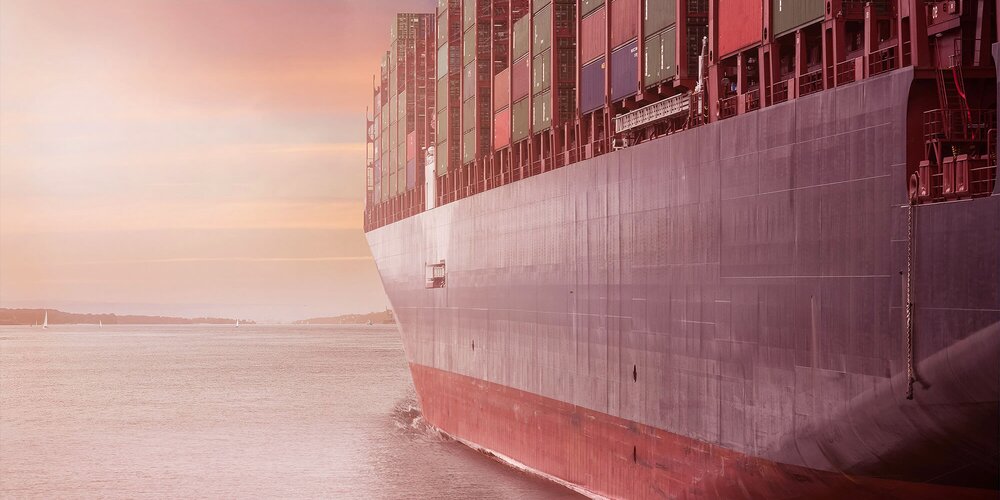Browse our services
Explore how Shearwater Law can help you
Find a maritime expert
Meet our team, find and expert and connect
Talk to our experts
Get in touch, we're here to help

The European Commission's latest evaluation reveals progress in ship recycling standards while flag-switching undermines its effectiveness.
In February 2025, the European Commission released the results of its evaluation of the EU Ship Recycling Regulation, shedding light on its successes and challenges.
This Regulation, designed to enforce high standards in ship recycling, has significantly raised environmental and social practices across the industry, largely due to the introduction of a European List of authorised ship recycling facilities.
This dedicated list has not only provided a framework for compliance but has also become a global benchmark, with stakeholders and authorities both within and outside the European Union recognising its value.
Despite these achievements, the evaluation identifies a persistent issue that hampers the Regulation's effectiveness.
The evaluation suggests that EU requirements have been circumvented by a practice known as “flag-switching.” In the lead-up to recycling, vessels that would typically fall under the jurisdiction of EU Member States switch their registration to non-EU countries.
This may be driven by the prospect of higher financial returns when selling ageing vessels to South Asian yards. These yards, are not subject to the same safety and environmental standards imposed by the EU-listed facilities.
Another critical shortfall highlighted in the report is the inadequacy of hazardous materials inventories. These inventories, essential for tracking and safely managing toxic substances such as asbestos and heavy metals, are regularly missing during the operational lifecycle of ships. Even at the recycling stage, the quality of these inventories is described as insufficient, potentially leading to severe environmental and health repercussions.
This evaluation comes at a crucial juncture, with the Hong Kong Convention on international ship recycling standards set to come into force in June 2025. While this global framework aims to create universal standards, it remains less rigorous in some areas compared to the EU's Regulation.
Recognising this, the Commission plans to actively assess the Convention's implementation and explore avenues to strengthen it, thereby advocating for a global shift towards more stringent practices.
The Commission has reiterated its commitment to monitoring and improving the Regulation, including closer collaboration with Member States and non-EU countries to ensure compliance, clarifying existing standards, and implementing stricter penalties for infractions.
Special focus will be directed towards preventing flag-switching and reinforcing the importance of EU-listed recycling facilities.
The Commission has announced an update to the European List of authorised ship recycling facilities. Two new facilities, located in the Netherlands and Türkiye, have been added, while three others, situated in Latvia, Lithuania, and Türkiye, have been removed.
This brings the total number of approved facilities to 43, comprising 31 in Europe (including Norway and the UK), 11 in Türkiye, and one in the United States.
European shipowners are responsible for nearly 30% of the world's fleet by tonnage. Despite this, a substantial number of their vessels are dismantled in South Asia, where safety and environmental conditions remain alarmingly poor.
The EU Ship Recycling Regulation, introduced in 2013, was envisioned as a means to tackle this issue, creating a robust framework for recycling practices.
As the Commission moves forward, its focus on balancing regional success with global improvement could shape the future of ship recycling.
The aim is clear: to elevate global standards while ensuring EU regulations remain a cornerstone of environmental and social responsibility in the maritime industry.
A global, complex and, at times, contentious industry, shipping is subject to multifarious national and supranational regulations. If there is one thing that cannot wait until tomorrow, it is the need to remain compliant with the appropriate regulations.
That is why Shearwater Law, our regulatory team acts as a single point of truth for our clients. We offer the most up-to-date, comprehensive and commercially-astute advice that allows your business to remain compliant and avoid the consequences.
To learn more about our regulatory legal support services, contact us today.